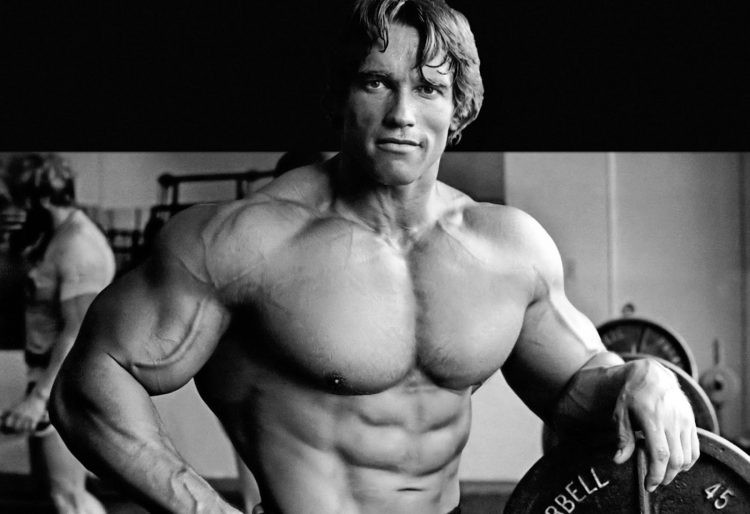Early Worms Get 6 Packs
Back in high school I was a night owl. When exam time came around I would buy a six pack of Coke and and study through the night as I crushed cans of soda.
This trend continued through my university days. I remember my first year of university in Ohio and studying for a botany test with Dr. Dickinson. A few of us got together to pull an all-nighter. Someone brought a package of chocolate covered coffee beans and we snacked on these and quizzed each other on the Latin name for oak and the various organelles of the plant cell.
Knowing what I know now I would have done things differently.
What would I have changed?
Well for starters I wouldn't have pulled all-nighters. I would have spent more time preparing earlier rather than leaving it all to the night before. Grades are important but health is more important. Plus at a certain point I'm sure there is the potential for diminishing returns when sacrificing sleep in order to try and learn the content from one more chapter.
What I should have done would have been to get a good night's sleep and exercise before the exam. Dr. Ratey does a great job in his book Spark of explaining the benefits of exercise on the brain especially when it comes to cognitive function like taking an exam.
And hopefully this routine of getting better sleep, waking up early and exercising before work or school would have carried on through life.
Because there are a variety of chronotypes. Some of us are early birds, others are night owls and the rest fall somewhere in between.
So do these differences matter?
Well a recent Finish study looked at early birds versus night owls in terms of how active and sedentary they are.
The study included over five thousand male and female subjects. Subjects wore activity trackers for two weeks to see how active early birds are compared to night owls.
What they found was that female early birds get 20 minutes more of activity per day compared to night owls. And for men the difference was 30 minutes. Men with morning and day chronotypes had less sedentary time compared to evening types. For women there was no difference in terms of the amount of sedentary time based on chronotype.
And anecdotally the clients we work that train in the morning tend to get better results than those that train in the evening. This could be due to having more energy at the start versus the end of the day. Or it could be adherence to morning sessions is greater as there are fewer of life's distractions earlier compared to later in the day.
The take home message is that exercise at any time is better than no exercise at all. Some of us are hardwired more for the evening than the morning and it may be hard to force this change. However if either option is available to you there are benefits to training in the morning. You will burn more calories, sit around less and get your brain going for work or school.
References
- Ratey, J. J. (2008). Spark: The revolutionary new science of exercise and the brain. Little, Brown Spark.
- Nauha, L., Jurvelin, H., Ala‐Mursula, L., Niemelä, M., Jämsä, T., Kangas, M., & Korpelainen, R. (2020). Chronotypes and objectively measured physical activity and sedentary time at midlife. Scandinavian journal of medicine & science in sports.
When you subscribe to the blog, we will send you an e-mail when there are new updates on the site so you wouldn't miss them.

Comments